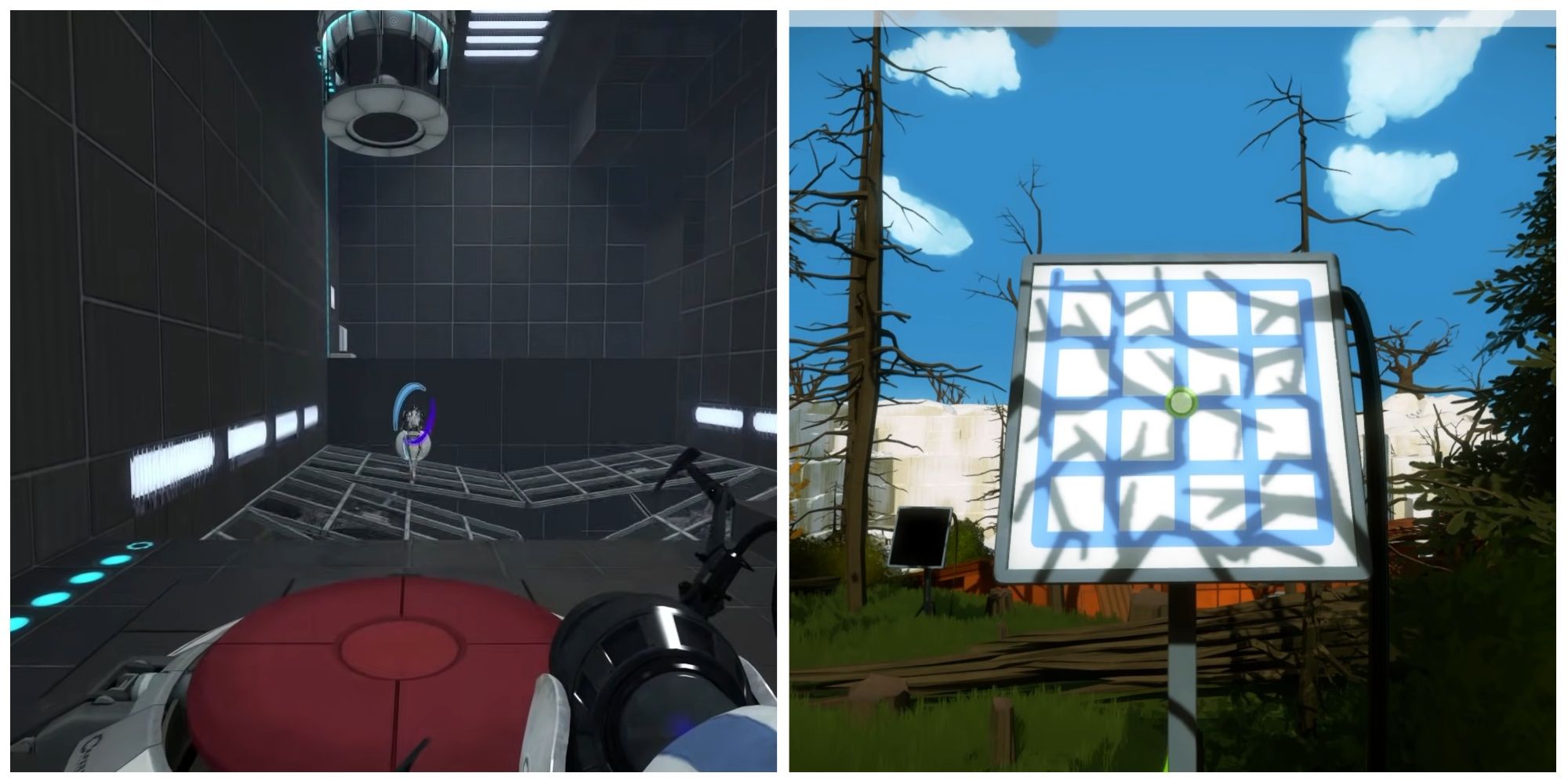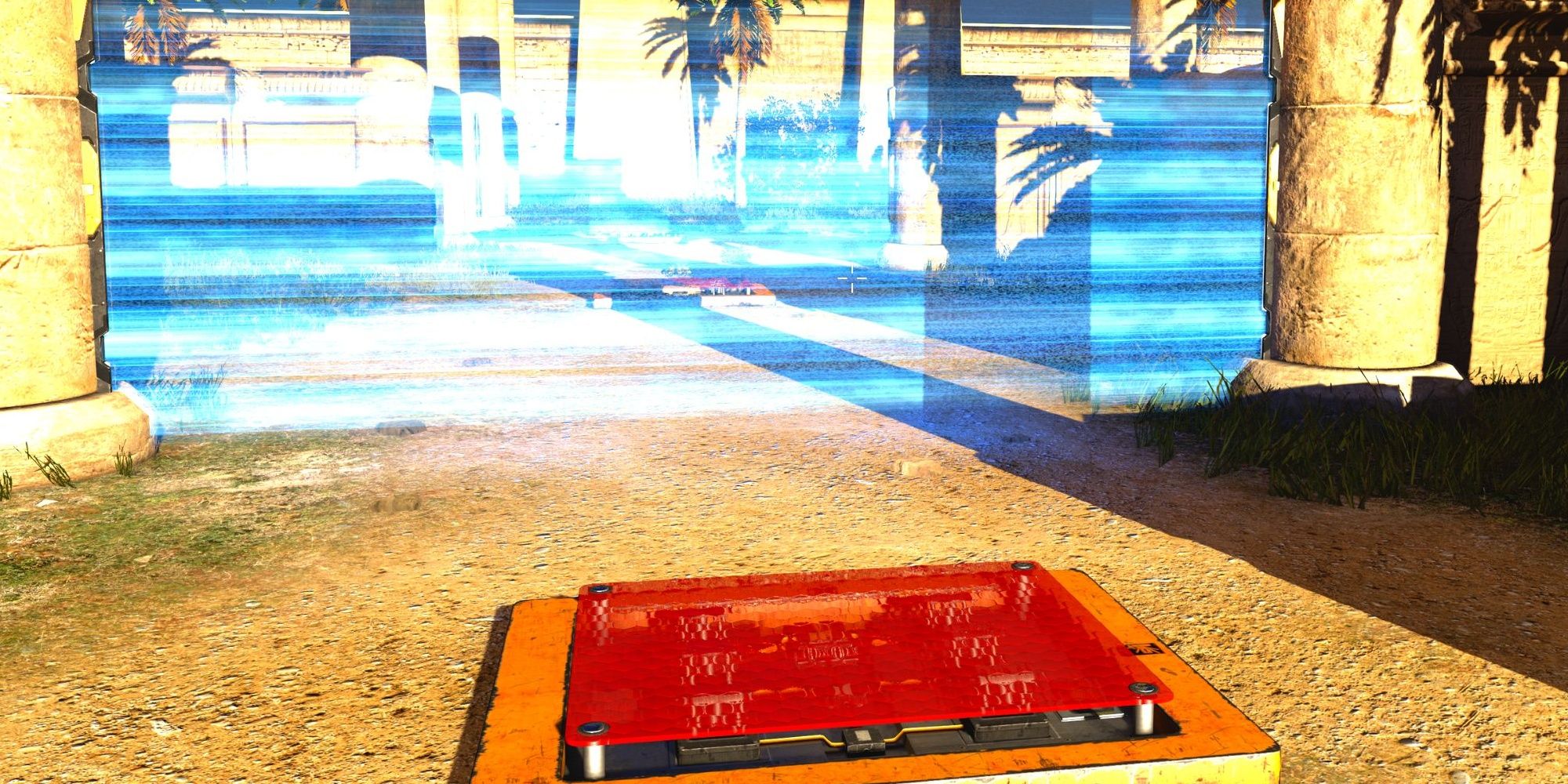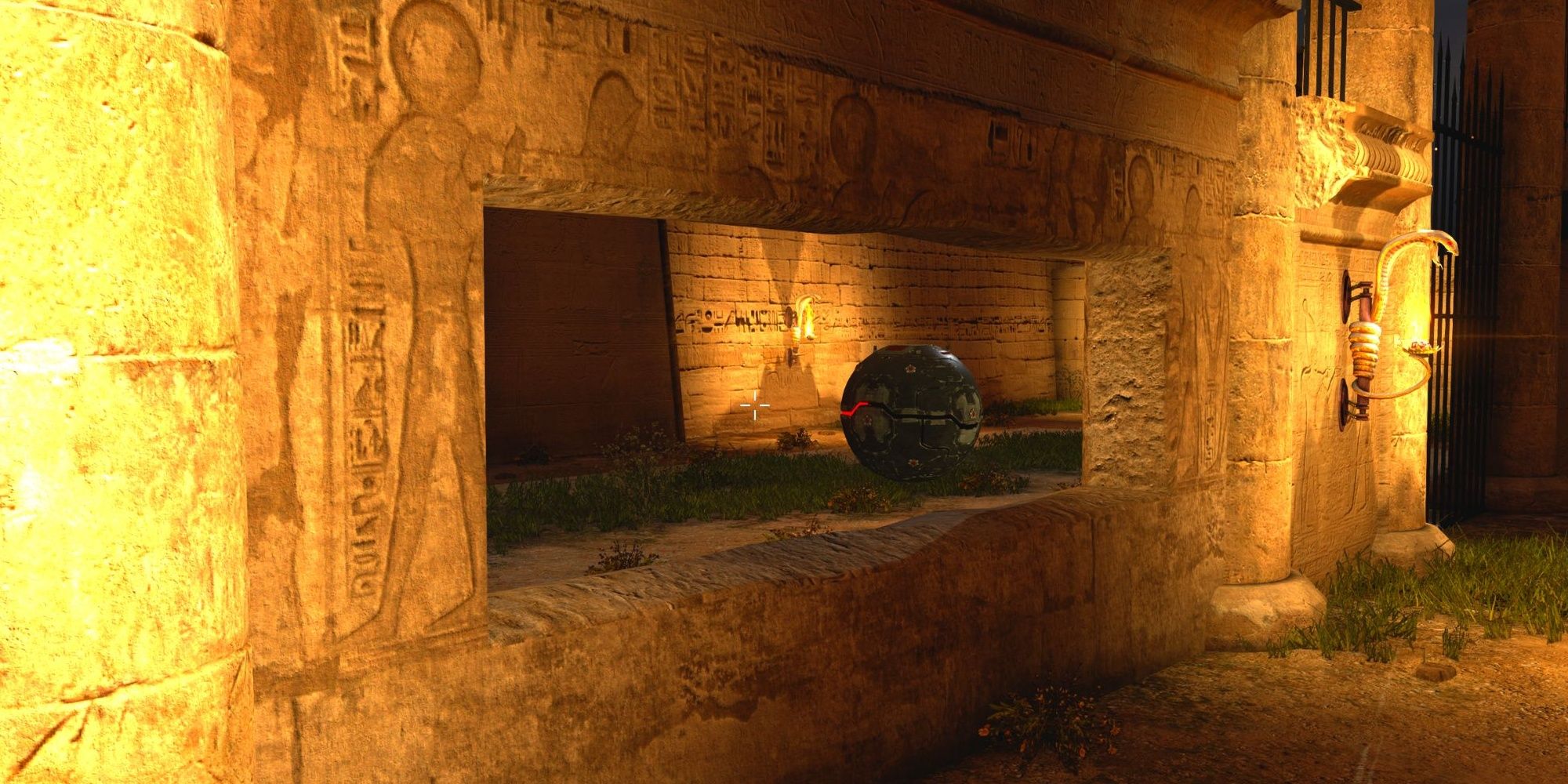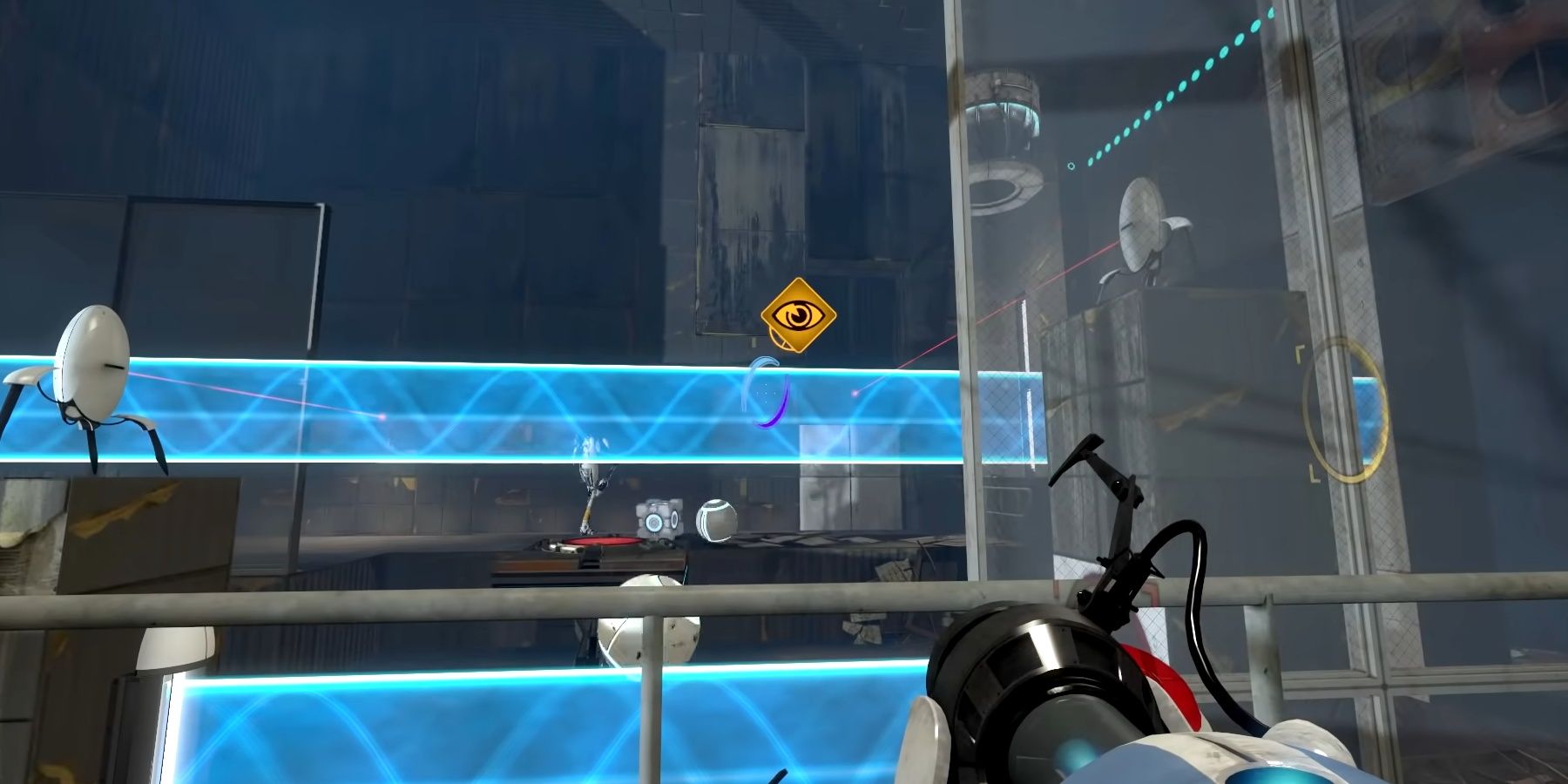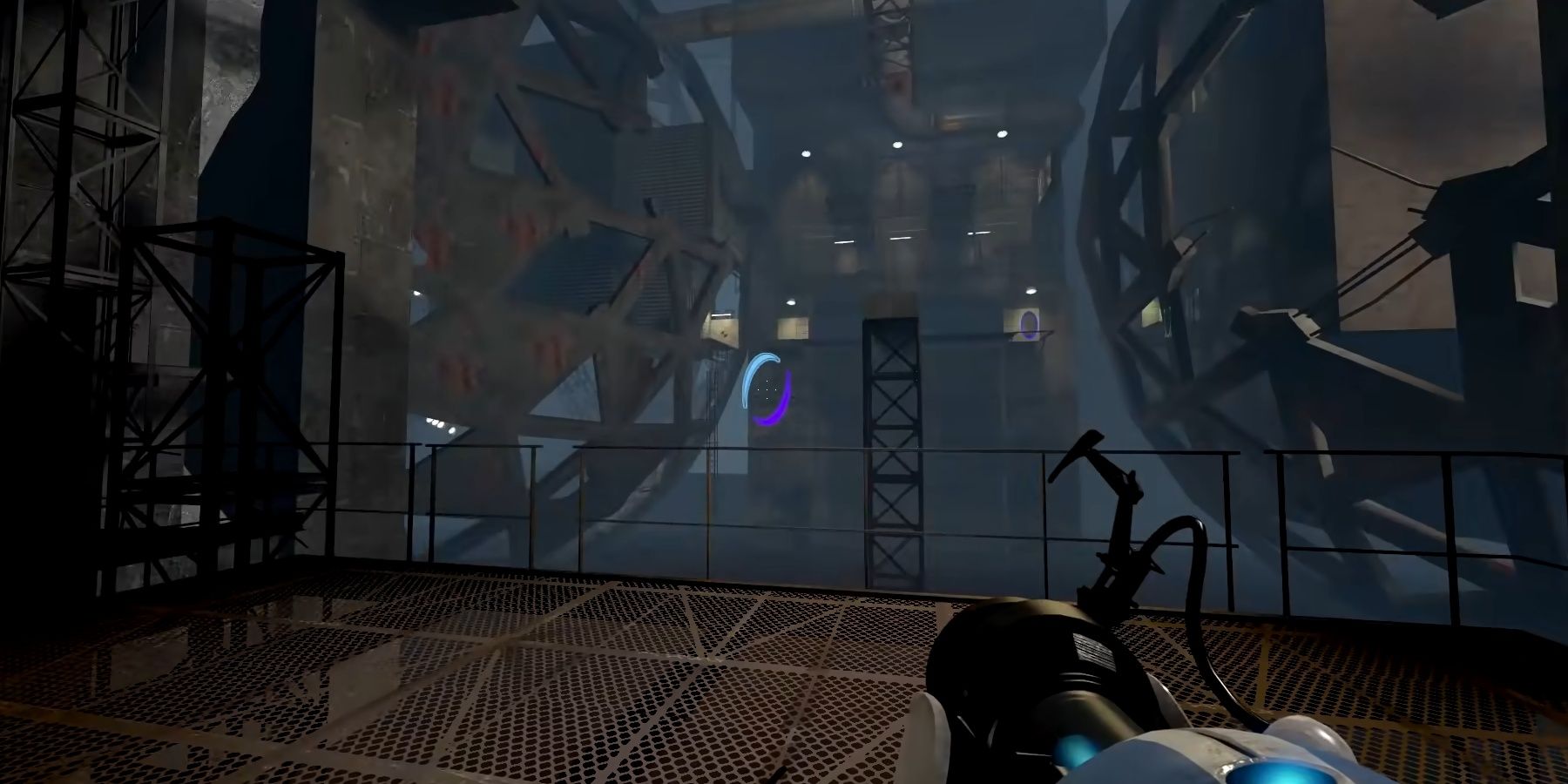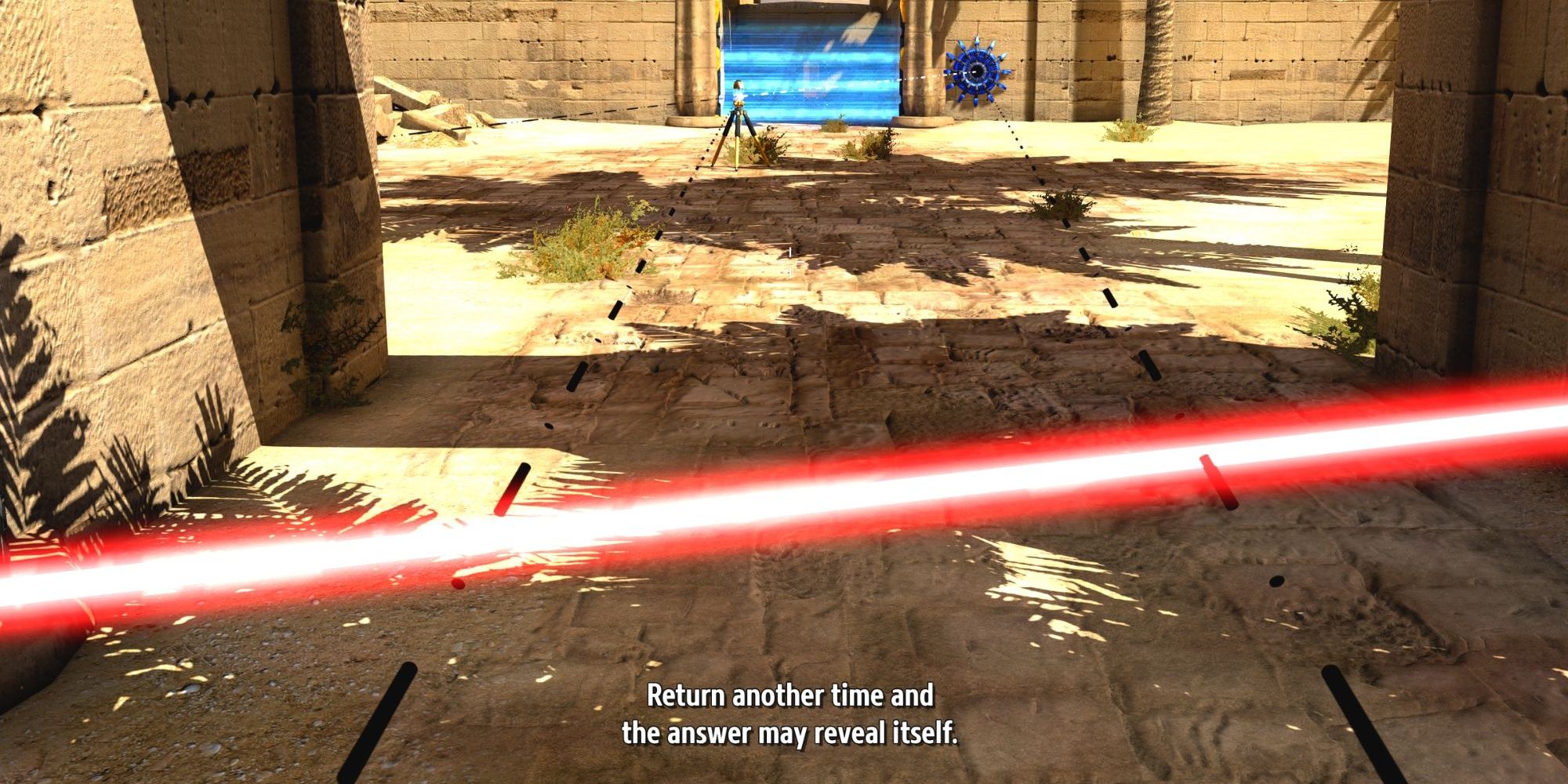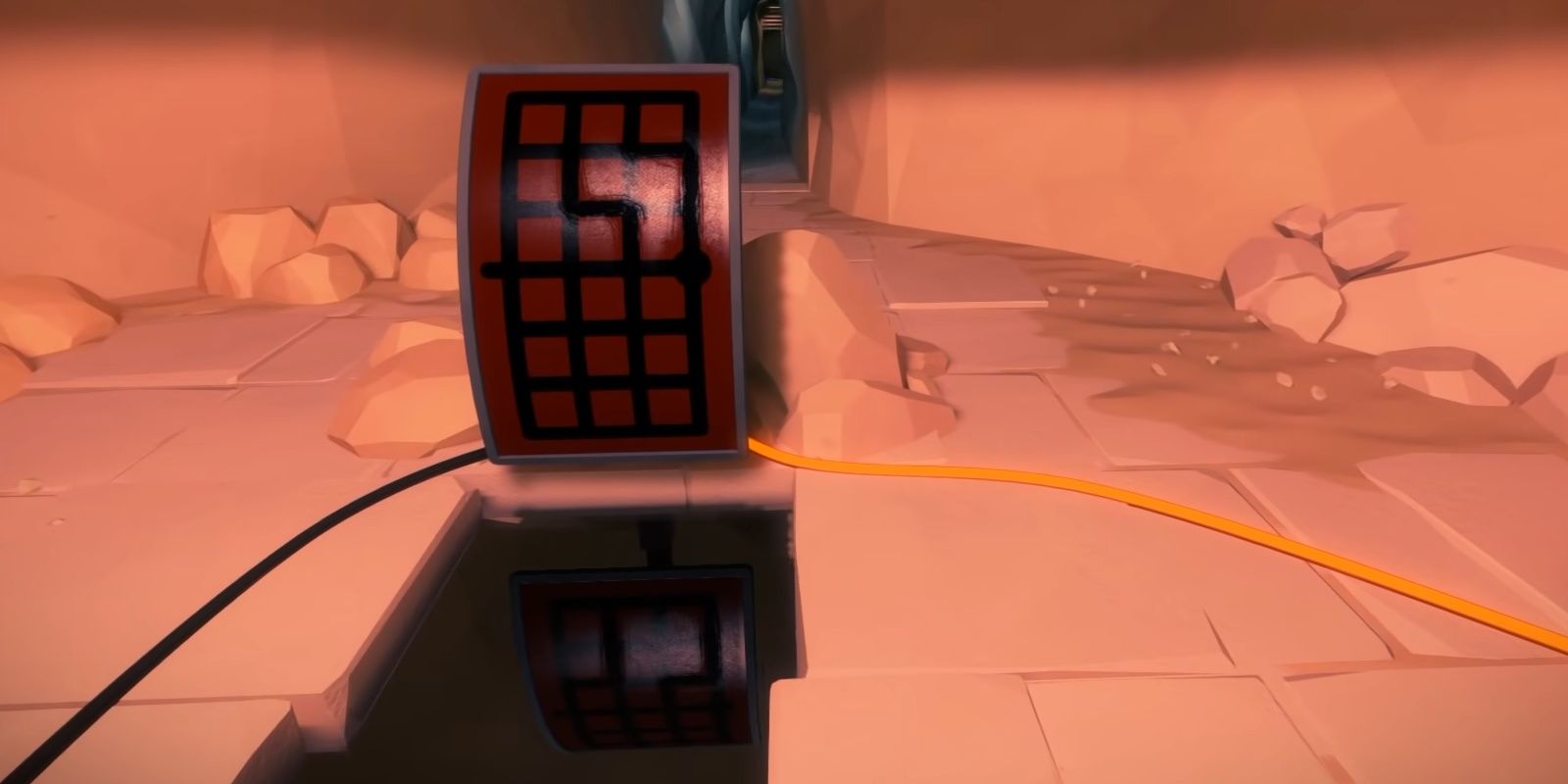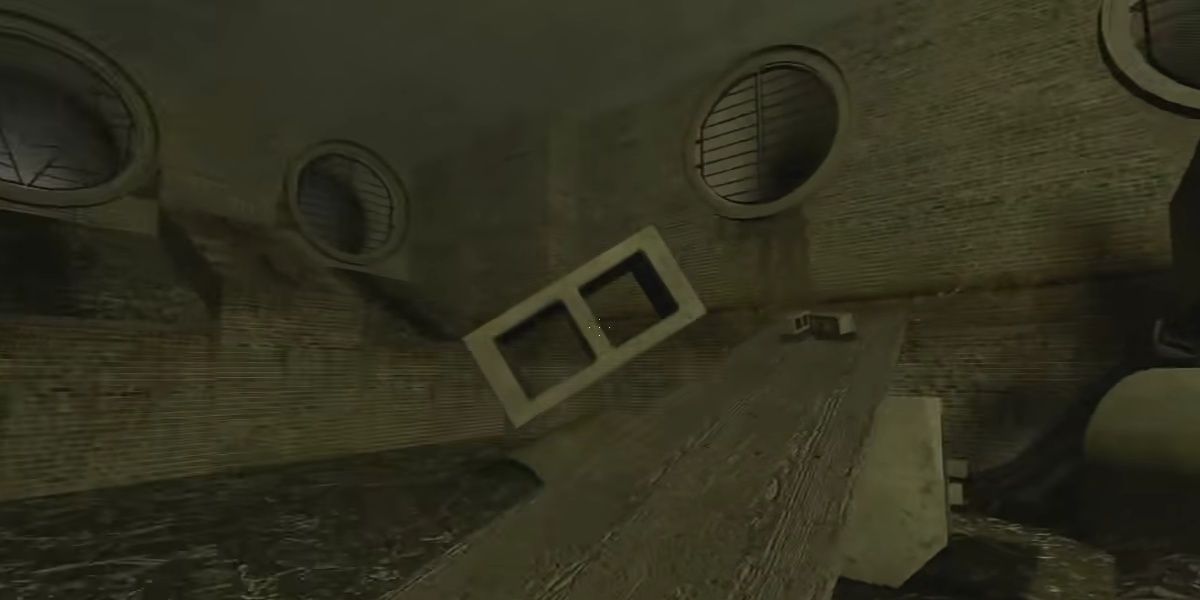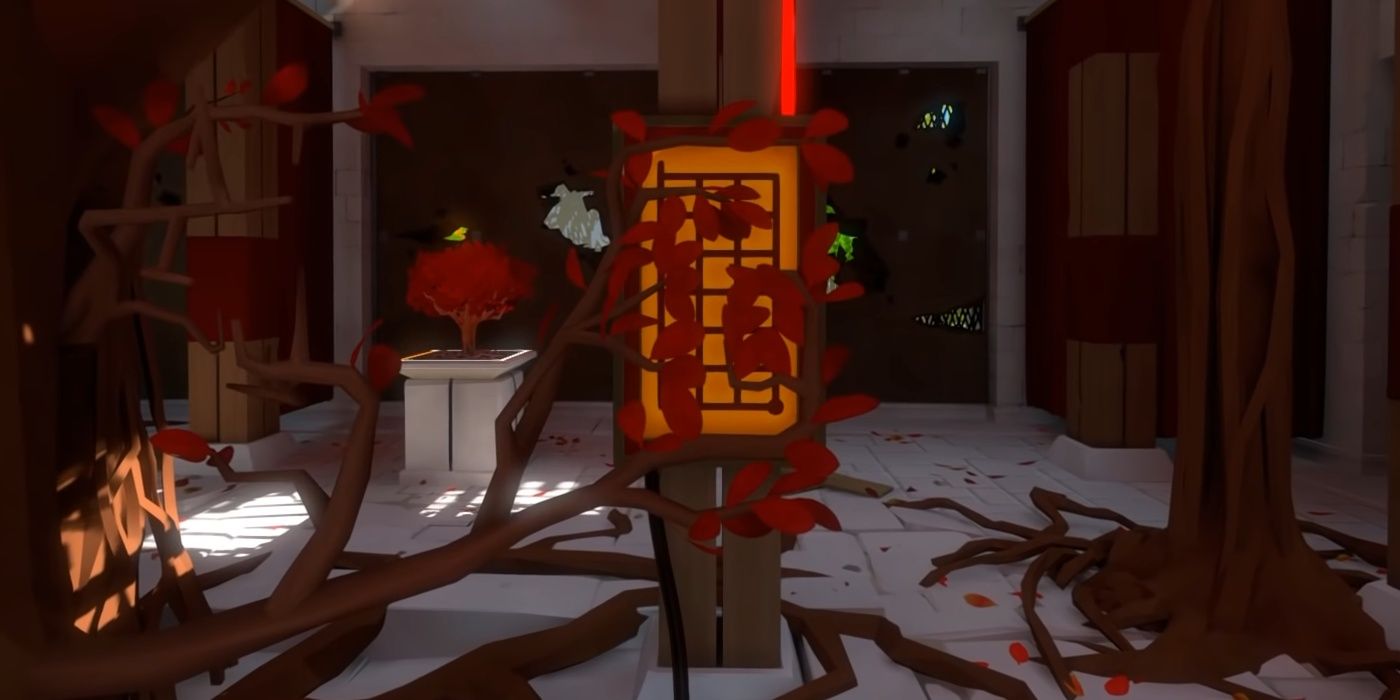Puzzle games are a unique genre in that often, when you're failing, it's not because you're dying. It's because you're stuck and have no clue what to do next, and that can be more frustrating than dying every two seconds. Plus, failing in puzzle games feels way worse than having a low K/D ratio.
Considering how differently puzzle games affect you more than other genres, there are bound to be certain player habits that arise. Due to the genre being about problem-solving, and the gameplay tending to be more locked down and restricted, these player habits can be tough to shake off.
8 Trying To Do Something Over And Over Again, Expecting A Different Result
In puzzle games, your core task is finding solutions. If you find a pathway through a puzzle that you think should work, you might try and over again in hopes that it will. Sometimes it just makes sense in your brain for this solution to work, but it simply doesn't.
An example is in the amazing first-person puzzle game The Talos Principle, where a beginner mechanic is putting items on big red buttons. You might think that if you're fast enough, you can stand on the button and run to the other side before the blue gate closes. However, even if you go as quickly as possible, an invisible wall will come in as soon as you stand off the button. It can take a while to accept that you simply cannot do this.
7 Notice A Thing In The Environment That Must Have A Use
A big part of the gameplay in this genre is observation. Often scoping out the surroundings is the very first thing you should do when attempting a puzzle. When looking through, you might notice something in the environment that's just different.
It could be a raised platform, a window, or another thing that just doesn't look natural. This is a cue for you to realize that this aspect must have a use. Often this leads to the 'ding' moment, where you finally realize what must be done to solve a puzzle.
6 Co-Op Partner Won't Try What You're Saying
In cooperative puzzle games, communication is incredibly important. However, one aspect can cause issues. You say to your partner that you have an idea to try out, but sometimes your partner will just refuse to try it — instead, they insist on doing their own thing, which ends up not working.
If a puzzle is causing you to struggle, it is best to try a new strategy. There's no harm in simply trying out a different thing. If it fails, no problem — just try something else. This can be a frustrating habit in co-op games if you're not on the same page.
5 You Don't Realize Your Partner Has Already Solved The Puzzle
Even if there's an option to view your partner's screen while playing, it often gets ignored. Why wouldn't you place your full attention on your main screen? If you neglect to check their progress, you'll fail to see that your partner could have already solved a certain puzzle. If communication isn't on point, it could lead to confusion, since you might think there's still work to be done.
A good example of this is at the end of the Portal 2 co-op campaign. At the end, you might not even realize that the final gate has been opened if you were the one left behind in the puzzle and if communication isn't clear enough. You then check your partner's screen and realize the puzzle has already been solved, and is there just waiting for you.
4 Get Annoyed By The Game Telling You To Try Again Later
If there's one thing a lot of us have, it's persistence. If we're confident, determined, and willing to do something, we won't accept failure. We'll spend hours trying, until we've beaten that boss or challenge. Because of this, it can be very annoying when the game in some way asks us to take a break, walk away or try later.
It's done with good intentions, but sometimes you'll feel like you have the puzzle in your grasp, and this message can feel insulting as a result.
3 Thinking You'd Never Have Guessed That Solution When Looking Up A Guide
While many of us will still try to beat every puzzle game without looking at a guide even once, that probably isn't the case for all. When frustrated or clueless, many of us will simply look it up, because we don't feel like spending that much time looking for the solution.
There can be two feelings when looking at a guide. You could feel frustrated with yourself, since the solution was something you should have noticed, or you could think that there was no way you'd ever have thought of that solution. For the latter, sometimes it's due to mechanics not being taught early enough, and it's just expected out of the blue.
2 Try Solutions That Work, But Weren't Intended
No puzzle game is flawless. No matter how much testing and QA, there will always be a few solutions in the game that weren't intended. The thing is, many of us are aware of this. You may have seen a speedrun of one of your favorite games, and discovered a plethora of strategies that weren't intended. Due to this, it can be a common habit for you to try to break the puzzle or find an unintended solution.
Most of the time, this won't work, but now and then you will discover an unintended solution and it will feel great. An example of this is the seesaw puzzle in Half-Life 2. This is supposed to be a physics-based puzzle, but you can just stack all the cinder blocks near the wall to make a makeshift staircase to progress.
1 Just One More Puzzle...
Puzzle games are generally more stress-free and relaxing experiences than other genres. For an action game or an FPS, for example, you are more likely to take breaks because of the tense gameplay of those titles. Due to this, puzzle games can be easy to fall into playing for long sessions.
You could say you're going to finish up when completing this set of levels, but you just need to check out the next set. Then you start the next set and keep playing, and before you know it, you're almost at the end of the game.

